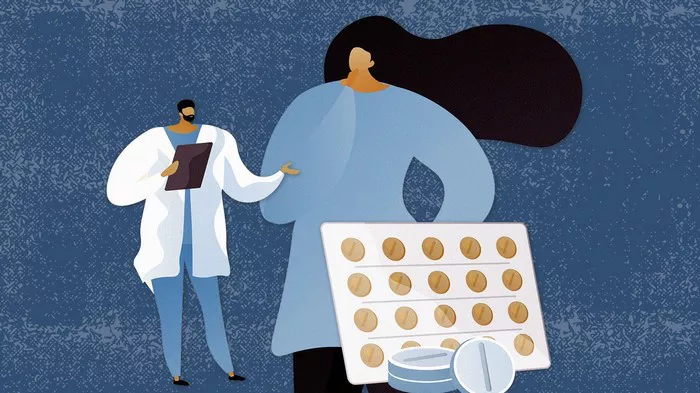Following the success of initial trials, the U.S. Food and Drug Administration (FDA) has granted breakthrough therapy designation to a second psilocybin-based treatment for MDD, accelerating its path to potential approval. Psilocybin, the active compound in “magic mushrooms,” has shown remarkable promise in clinical settings, particularly when combined with structured psychotherapy.
The latest phase 3 trial, conducted by Compass Pathways, involved 250 patients across 20 sites. Participants received a single dose of psilocybin alongside psychological support, with follow-ups over six months. Nearly 60% of patients achieved remission, a rate substantially higher than that of traditional antidepressants. Notably, the effects persisted for most participants, suggesting that psilocybin may facilitate lasting neural changes rather than providing only temporary relief.
Despite these encouraging results, challenges remain. The psychedelic experience induced by psilocybin can be intense, necessitating careful screening and professional supervision. Additionally, regulatory hurdles and societal stigma surrounding psychedelics could slow adoption. Nevertheless, the growing body of evidence underscores psilocybin’s potential to revolutionize depression treatment, particularly for those with severe or refractory cases.
You Might Be Interested In:
- Digital Therapeutics Show Promise in Treating Anxiety Disorders
- Breakthrough in Understanding the Neural Pathways of Anxiety Disorders
- Neurodevelopmental Disorders: Everything You Need To Know

